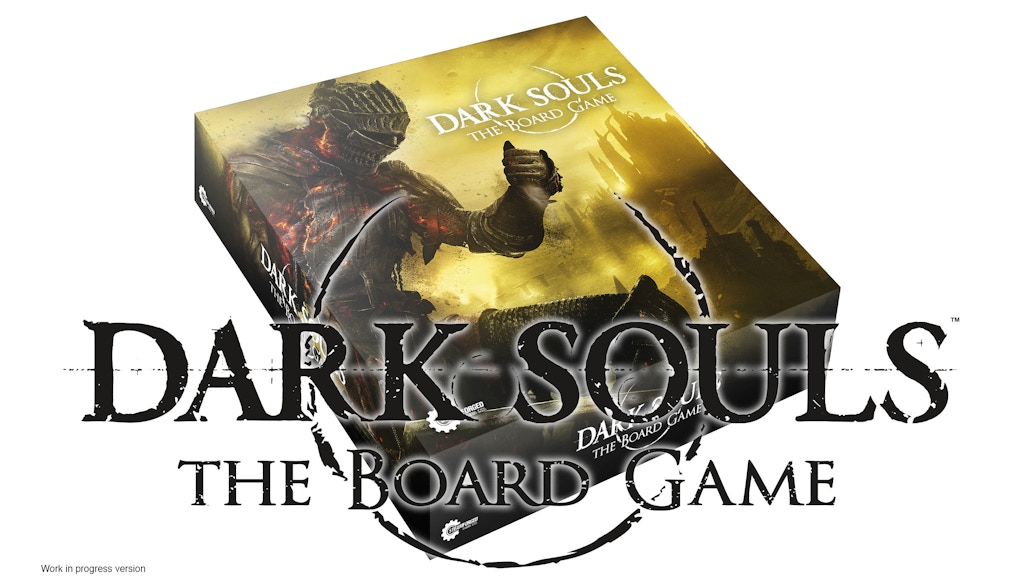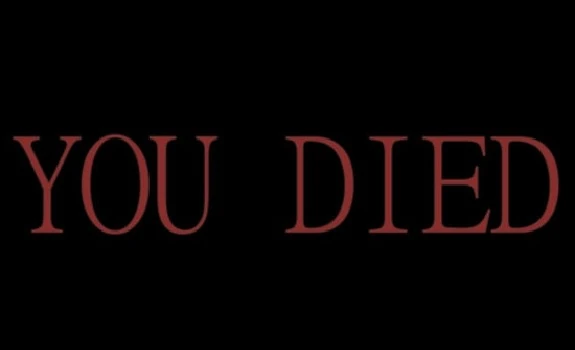Most noticeably, I found the character progression to be very unsatisfying in a way that goes against the feel of the video games. The souls (currency) that you earn in the board game (at a frustratingly slow rate, I found) can be used to progress your character in one of two ways. You can either level up your stats (strength, dexterity, intelligence and faith) or buy new item cards from a deck. Both of these options have major flaws, in my opinion:
- When levelling up your stats in the board game, you receive no real benefit except the option of equipping more powerful items (each has a set of required stat values for use). Increasing your strength does not, on its own, cause you to do more damage to enemies, for example. I would say that this goes against the feel of the video games. In the early stages of Dark Souls 2 and 3, I found that spending souls on improving my stats gave me a satisfying sense of advancement – I noticed my effectiveness in combat increasing from my stat increases alone. I know that hitting the required stats of the more powerful equipment is a consideration in the video games and that, later on, said powerful equipment can make a bigger difference to your combat effectiveness than stats alone. But stat increases aren’t only a path to equipment – each stat has its own effect on the way your character plays. This is entirely absent from the board game, in which the cost of levelling up your stats has been reduced to essentially a second equipment cost. I found that there was no point in spending any souls on levelling up my stats until I had collected a piece of equipment that I wanted to use but hadn’t yet met the requirements for.

- Acquiring new equipment is an important method of advancing your character’s abilities in both the board game and video games but their methods of granting new items to you are wildly different. In the video games, equipment can be found whilst exploring, dropped by defeated enemies or bought from vendors using the souls you have earned. Importantly, the video games are designed to release equipment to you in a rough order – weaker items (both in requirements and strength) can be found and bought earlier on while stronger ones are found later in the game. In the board game, however, all new equipment is gained at random from a deck of cards. It can either be purchased at the cost of one soul per card or (less frequently) gained from chests found while exploring. But the randomness of gaining equipment from a shuffled deck can ruin the feeling of progression.

As I mentioned, I'm not claiming that Dark Souls - The Board Game is a bad game - I found it reasonably enjoyable and would probably review it at above-average. I just thought that it didn't feel like the video games. I think that several core design elements could have been changed to bring it closer to the experience. The biggest change that I would make is to remove the over-reliance on randomness. I don't really understand why dice are used so heavily - some mechanic like choosing actions from a limited pool would work better for combat, in my opinion. Maybe some sort of small-scale deck building for player actions (similar to the way the bosses function). And for acquiring new gear - I would maybe have designed a tiered release system for loot, or possibly have a set of base equipment available to buy at all times with much better gear being dispensed randomly.

/cdn.vox-cdn.com/uploads/chorus_image/image/54381135/ds_cover_final.0.jpg)

No comments:
Post a Comment